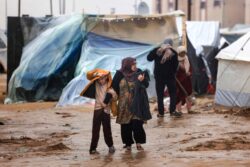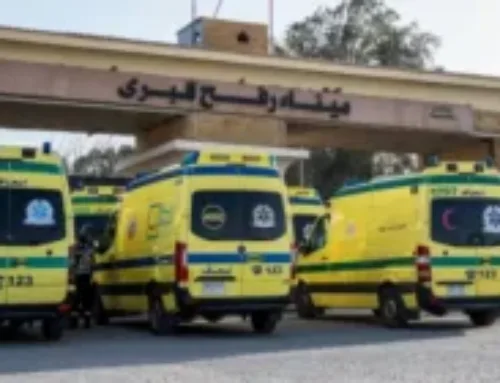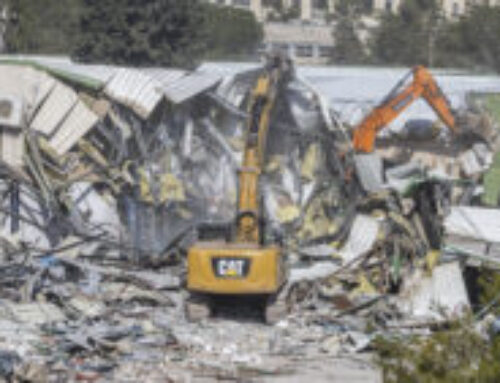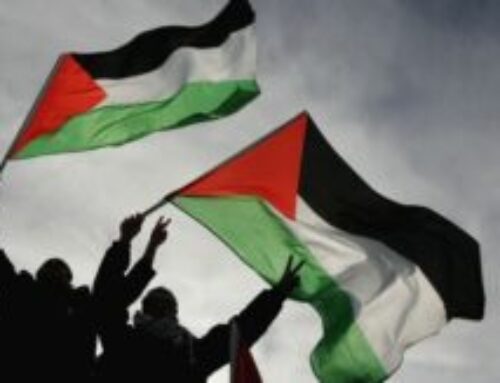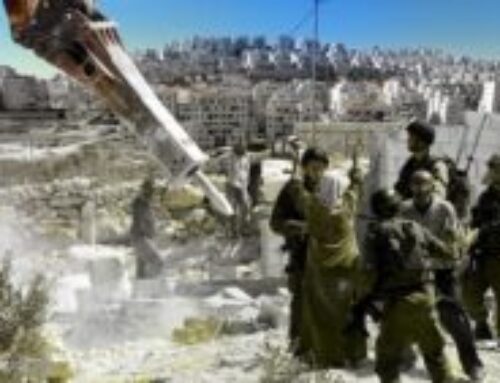In Gaza, when the first drops of rain begin to fall, people do not rejoice at the coming of winter — they brace themselves for another round of suffering. Streets overflow with displaced families; children sleep on cold stones, and mothers wrap their little ones in thin pieces of cloth that neither ward off the cold nor block the wind. The city that burned under the fire of genocide now faces a cold no less cruel, and hunger that besieges it from every direction.
In the Deir al-Balah camp, Abu Ahmad sits beside a small fire he lit with pieces of broken window frames, watching the smoke rise like a plea suspended in the air. In a weary voice, he says, “For weeks we’ve been sleeping in the street. They promised us tents and blankets, but nothing arrived. No one hears us.” Beside him, his wife, Um Ahmad, clutches her sick child to her trembling chest: “Every night I fear for him from the cold. His fever rises… and there’s no medicine.”
Abu Ahmad’s story is only one chapter in a long tragedy written on the faces of Gazans every day. According to UNRWA, only 1,000 aid trucks have entered the Strip out of 6,600 that were supposed to arrive since the ceasefire was signed. Thousands more remain stranded at closed crossings, while inside Gaza, hundreds of thousands of hungry people stand in endless lines for bread and water.
In Khan Younis, men and women queue from dawn in front of a small truck distributing the few loaves available. One displaced man whispers, “We wait for hours just for a bag of bread. The children cry from hunger, and we silence them with promises… only promises.”
But promises do not feed the hungry, and the aid spoken of in conferences never reaches the tents. UNRWA spokesperson Adnan Abu Hasna said, “Shelter materials and winter supplies are stored in our warehouses in Jordan and Egypt, but they’re not allowed to enter,” as the usurping entity continues to keep the Zikim and Erez crossings closed — turning siege into law, and hunger into collective punishment.
In Al-Zawaida, dozens of displaced families shelter near a destroyed school, clinging to its cracked walls for cover from the rain. Abu Al-Abed, a former teacher who lost his home, sums up the scene in a few words: “We don’t ask for luxury… only a safe place, and medicine for the children.” Nearby, young Adam stands barefoot among the rubble, shyly asking his mother, “Mama, when will we go home?” She lowers her head in silence, as if afraid he might read what lies in her eyes.
According to the Palestinian Center for Human Rights, 96% of Gaza’s population suffers from food insecurity, while tens of thousands live in tattered tents or damaged schools without water, medicine, or warmth. So far, the usurping entity has allowed in barely a thousand trucks — a fraction of what is needed to keep people alive.
In Gaza, winter is no longer a season of blessing, but another chapter of pain. Tattered tents defy the wind, bodies tremble through nights without warmth, and hearts wait for a miracle that never comes.
Yet, with every raindrop that falls upon the ruins, Gazans whisper the same words that hold their entire story: We are not asking for the impossible… only for survival.

